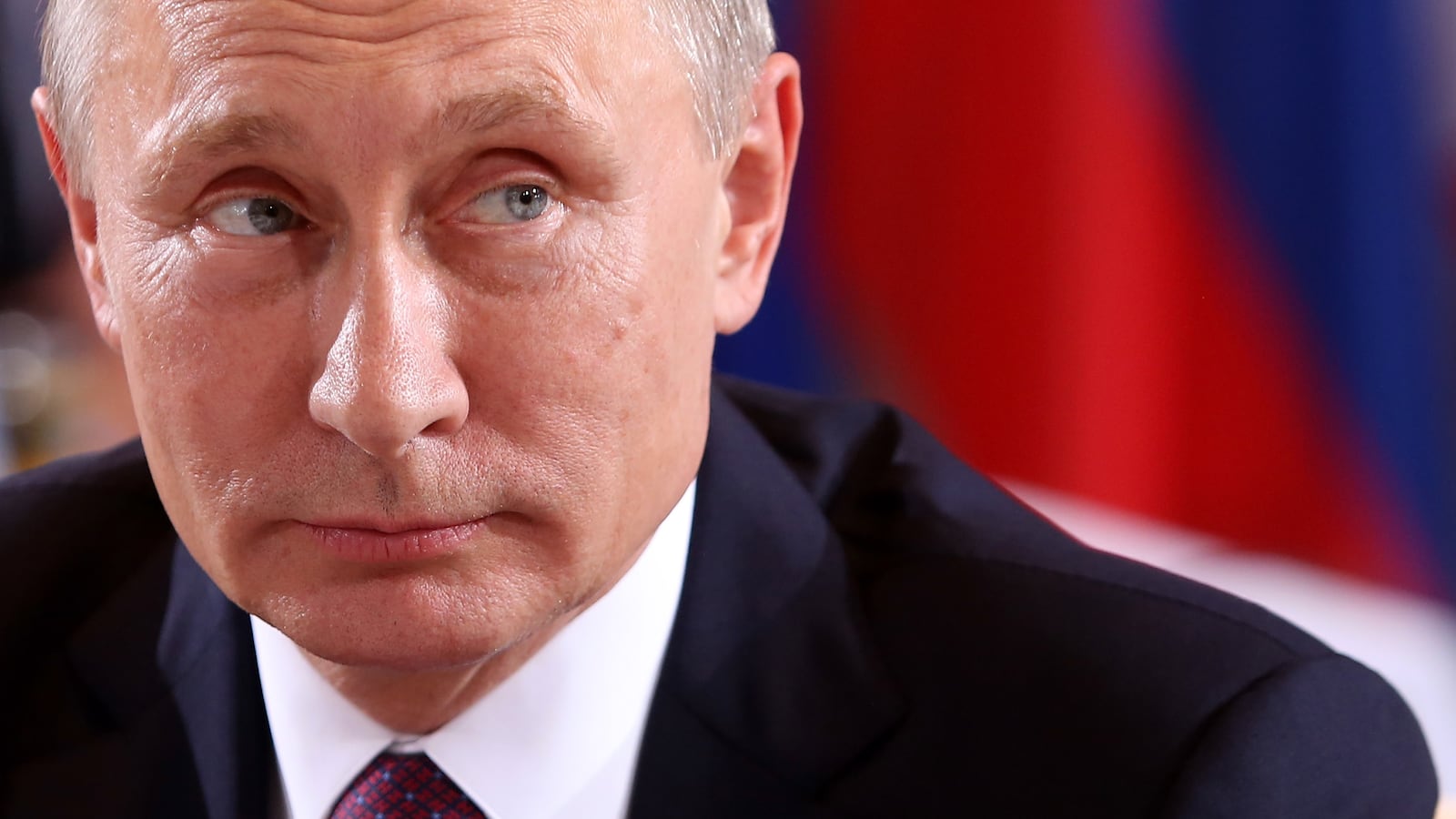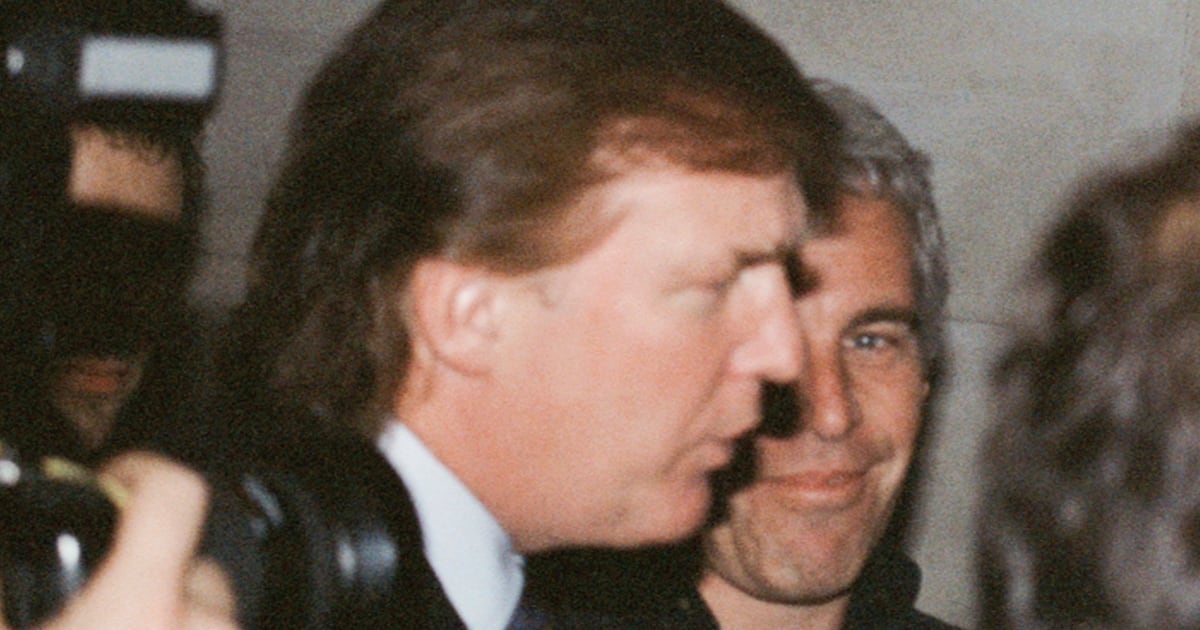LONDON—Britain’s Conservative government never bothered to find out whether the Brexit referendum was influenced by the Kremlin, according to a scathing report by Parliament’s Intelligence and Security Committee.
The extraordinary finding was at the heart of a report that Prime Minister Boris Johnson has repeatedly sought to delay—despite it being ready for publication nine months ago.
Kevan Jones, a Labour member of the committee, said it was a “scandal” that No. 10 had never ordered Britain’s extensive intelligence agencies to look into the safety of British elections despite seeing evidence of interference in the 2014 Scottish election and the leak of Democratic emails ahead of the U.S. presidential election in 2016.
“The outrage isn’t that there was interference. The outrage is that no one has wanted to know if there was interference,” Jones said.
The committee members called on No. 10 to launch a full investigation into Russian interference in the Brexit referendum.
“The question is, Who is protecting the British public from interference in our democratic process? Well, in a nutshell, we found no one is,” he said. “This needs to be gripped. Now.”
The Intelligence and Security Committee is a powerful body responsible for overseeing the security and intelligence agencies including MI6, MI5, and military intelligence. When members asked for everything they knew about Russian interference, they were shocked to find that virtually nothing had been gathered.
“We have sought to establish whether there is secret intelligence which supported or built on these studies. In response to our request for written evidence at the outset of the Inquiry, MI5 initially provided just six lines of text. It stated that [REDACTED].”
Although it was not allowed to publicly repeat what MI5, the domestic intelligence agency, had said, the committee made it clear they were disappointed with the response. “The brevity was also, to us, again, indicative of the extreme caution amongst the intelligence and security agencies at the thought that they might have any role in relation to the U.K.’s democratic processes, and particularly one as contentious as the EU referendum.
“This attitude is illogical; this is about the protection of the process and mechanism from hostile state interference.”
Stewart Hosie, a committee member from the Scottish National Party, said, “There has been speculation that this report was going to reveal either that Russia had interfered in or sought to influence the referendum. In the committee’s view, it’s worse than that. The report reveals that no one in government knew if Russia had interfered in or sought to influence the referendum because they did not want to know. The U.K. government has actively avoided looking for evidence that Russia interfered. We were told that they haven’t seen any evidence, but that it is meaningless if they hadn’t looked for any.”
“The public was allowed to go into that election without knowing that the government had not sought to investigate whether hostile states had been interfering in U.K. democratic processes and I find that shocking.”
The Russia report was mostly compiled by the Intelligence and Security Committee in 2017 and it was completed and ready for publication nine months ago. However, the governing Conservative party refused to release it before December’s election, prompting widespread speculation that its contents would be damaging to Johnson’s party.
The government blamed further hold-ups this year on the delayed reconstitution of the committee, which is traditionally chaired by a politician with experience working with the intelligence agencies.
“The reasons put up for the delay are simply not true,” said Jones.
No. 10 tried to install a loyalist as a stooge chairman, but that was defeated this month after a Conservative with an independent streak conspired with opposition lawmakers to take control of the committee.
The first thing the new chairman did was to announce that there would be no more delays, and the Russia report would be made public before Parliament entered the summer recess.
The report concludes that “until recently, the Government had badly underestimated the Russian threat and the response it required.” It does not offer an explanation for why that might have been, but it does have a lengthy section on the growing influence and political donations of Russians in London, who are close to Putin.
“Several members of the Russian elite who are closely linked to Putin are identified as being involved with charitable and/or political organizations in the U.K., having donated to political parties, with a public profile which positions them to assist Russian influence operations. It is notable that a number of Members of the House of Lords have business interests linked to Russia, or work directly for major Russian companies linked to the Russian state—these relationships should be carefully scrutinized, given the potential for the Russian state to exploit them,” the report said.
The committee recommends that Britain create a version of the U.S. Foreign Agents Registration Act, as it is not currently against the law for Kremlin acolytes to seek to influence British politicians so there is a limit to how much the national-security services are able to intervene.
“The current legislation enabling action against foreign spies is acknowledged to be weak,” the report said. “Crucially, it is not illegal to be a foreign agent in this country.”






